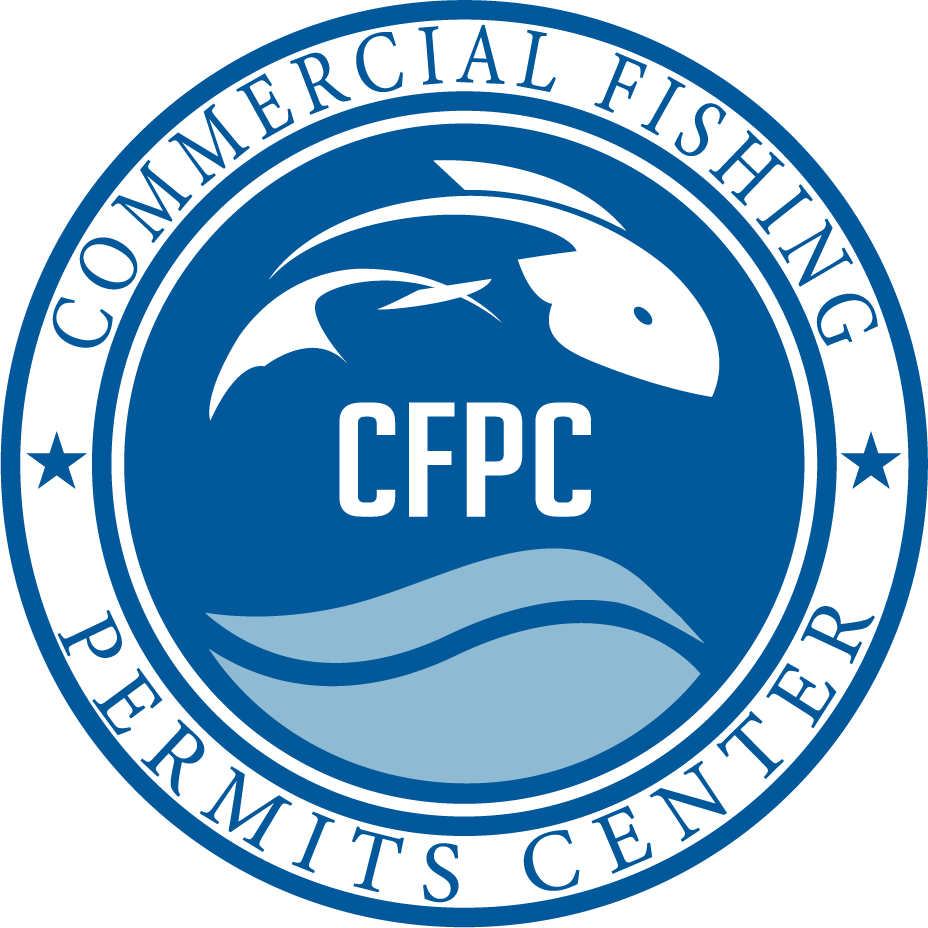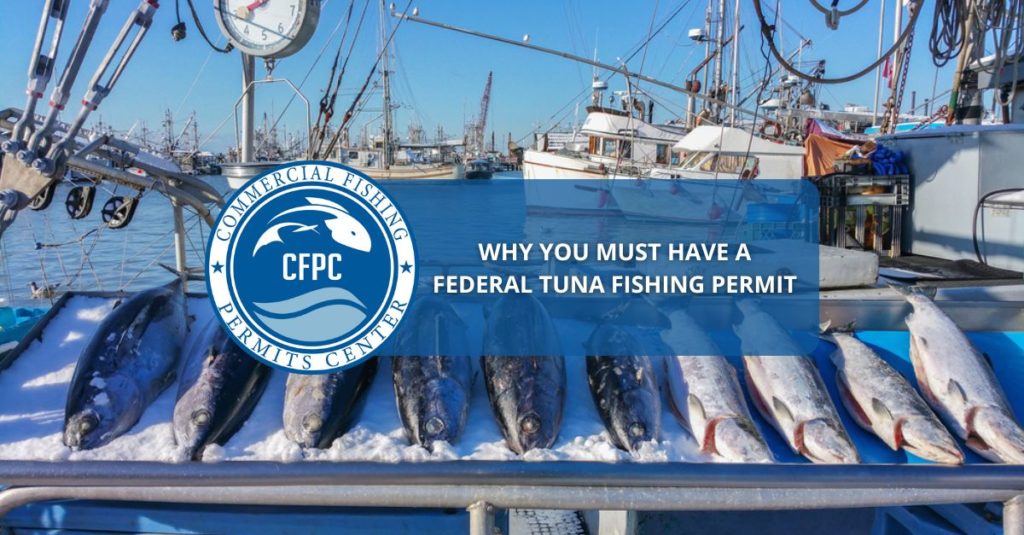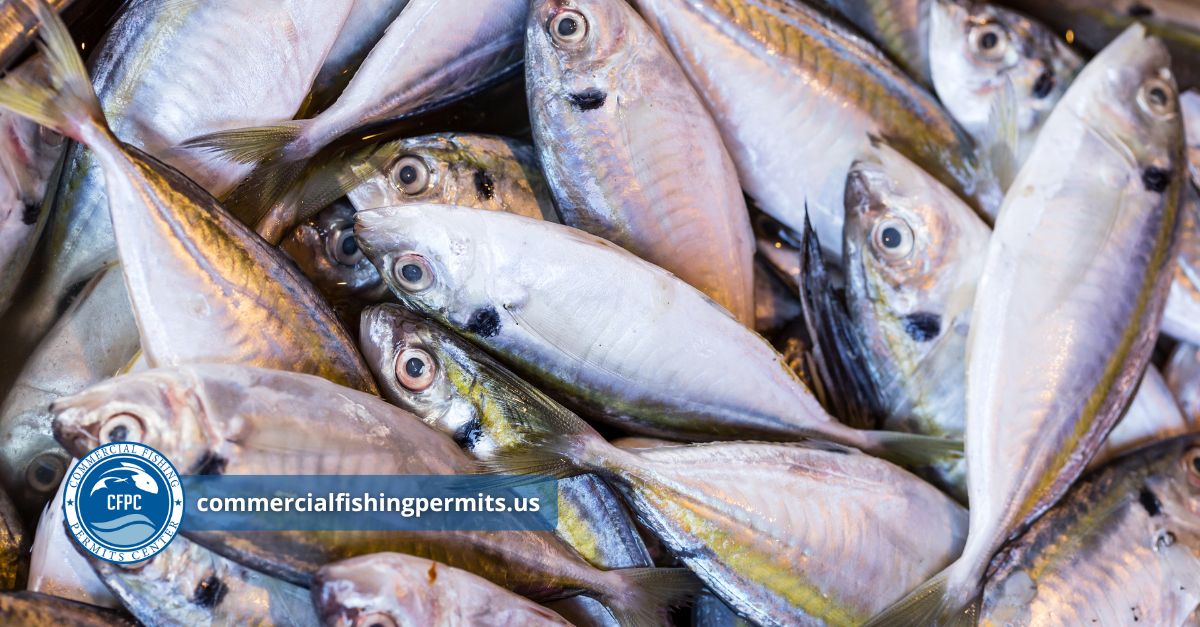The commercial fishing business is a big one in the United States and one of the most popular species for consumers is tuna. However, there are regulations in place that protect both the tuna population and the other animals living in the sea, namely dolphins. These regulations also allow commercial fishermen to continue in the industry without incident. That means that a federal tuna fishing permit is required for commercial tuna fishers in the United States. Keep reading to find out more about why you need one and what the process is for getting one.
When is a Tuna Fishing Permit Required?
The NOAA issues commercial fishing permits based on the region in which you plan to fish. For that reason, you will need to determine where you want to fish for tuna and what species of tuna you aim to catch. For example, if you want to fish for albacore tuna, you will likely need to do so on the west coast and will need to apply for a permit for the Pacific or Alaska region. Bluefin tuna is concentrated in the Atlantic and you’ll need to apply for the Atlantic tuna fishing permit. Other species are yellowfin, skipjack, and bigeye. Your permit will cover your vessel, which means you won’t need each person on board to have an individual tuna fishing permit.
Territories in Federal Waters
As mentioned above, you need to have a permit for the region where you operate your commercial fishing business. If you plan to cross regions, you should have a permit for each of the areas in which you conduct fishing activities. Likewise, if you leave state waters and enter federal waters, you will need the appropriate permits. Federal waters are generally those that lie three to two hundred nautical miles from shore.
Types of Permits
As a commercial tuna vessel, you need to know that there are a few different types of permits. The ones you need may differ from another fisherman, so being familiar with each of them is a good way to ensure that you are fully permitted for the type and place where you fish for tuna. The options are as follows:
- Open access – these are commercial permits that you obtain based on where you fish for tuna and whether you also fish for other species, such as swordfish.
- Limited access – this type of permit is necessary if a current permit holder leaves the fishery.
- Shark endorsement – you need this permit if you want to fish for sharks, in addition to fishing for tuna.
- Commercial sale endorsement – this is necessary if you plan to sell tuna or swordfish.
- Dealer permits – necessary for anyone who purchases or receives tuna, swordfish, or sharks. Selling Atlantic billfish is prohibited, so there is no permit for that species.
- Exempted fishing permits – necessary for conducting research where it is otherwise prohibited, as well as data collection and public display of tuna, swordfish, sharks, and billfish.
It’s easy to get your federal tuna fishing permit by applying online. If the process feels overwhelming or you need assistance getting through it, contact the Commercial Fishing Permits Center today. We can help you every step of the way.



No Comments
Be the first to start a conversation